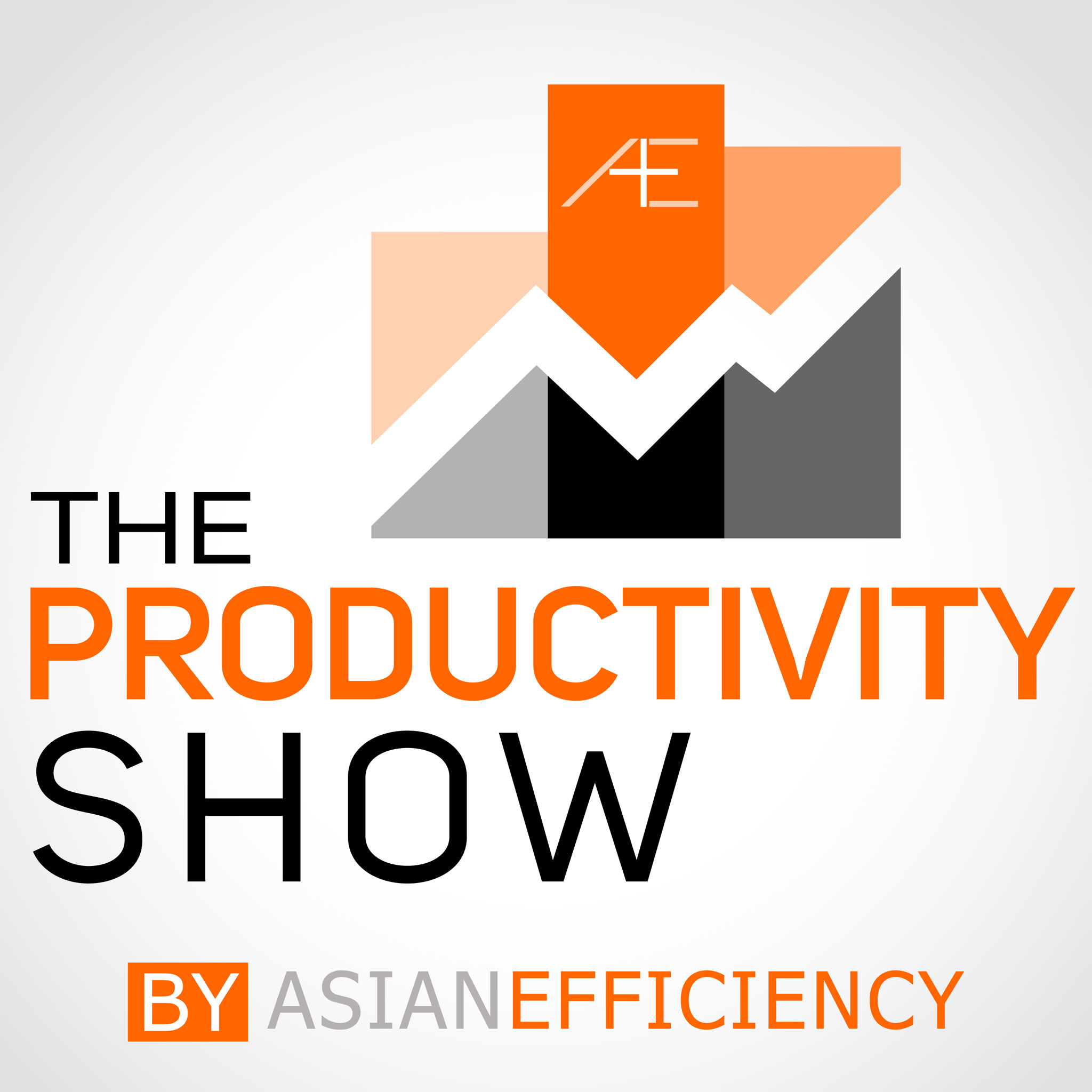Mar 06 2017 60 mins 436
Mike is joined by his wife Rachel share her perspective on the topic of core values and vision. They share the process they followed to created a vision and set of core values for themselves and their family, and they discuss how they came to their values as well as 10 handy tips for identifying and implementing them. Get Podcast Updates Do you want to get an email with shownotes each time a podcast goes live? Then let us know where to send the updates by entering your first name and email. Cheat Sheet Our five core values as a family, starting with #1: Love God with all your heart, soul, mind, and strength [5:22]Core value #2: Give selflessly by finding the need and meeting it [7:53]Core value #3: Lead courageously and always stand for the truth [12:13]Core value #4: Impact the culture and leave your own legacy [14:05]Using Bitsbox to teach kids how to code [18:21]Core value #5: Determine to be different and don’t settle for average [21:30]Why even implement family core values in the first place [22:51]10 Practical tips to help you identify and implement your vision and core values [27:56]#1: Play to each others’ strengths [28:14]#2: Have a weekly family meeting [32:35]#3: Establish rituals and routines [35:14]#4: Pay attention to teachable moments [37:35]#5: Capture ideas or issues that you need to discuss in a shared list or task manager [41:20]#6: Practice gratitude [44:50]#7: Put each other first [48:11]#8: Meal planning [51:44]#9: Don’t disagree in front of your children [53:41]#10: Be transparent, real and genuine [55:53] Links How to Discover Your Own Core Values (TPS126)TED Talk by Homeschooler Logan LaPlanteBitsboxKolbeStrengthsfinderAsana Read Full Transcript Intro: [00:00:06] Welcome to The Productivity Show, the Asian Efficiency podcast dedicated to helping you make the most of your time, attention, energy, and focus. In this episode I invite my wife Rachel onto the podcast to talk about her perspective as we dive deeper on the topic of core values and vision. This episode was inspired by feedback from John who is a dojo member trying to apply what Thanh and I talked about in Episode 126 to develop his own family vision and core values and then apply those towards identifying intermediate goals as he's doing his own 12 week year plan. We had a lot of feedback asking us for more specifics on the actual process, so my wife and I share a lot more in this episode about our own experiences and how we landed on our own family core values. But even if you don't have a family you can learn a lot from our process and apply some of the takeaways to your own team or organization as well. You can find links to everything that we share in the show by going to the productivity show dot com slash 133. And now on with the show. Mike: [00:01:16] So get a little bit of a different episode this week. This episode is inspired by John in the dojo who mentioned specifically that he was working on applying some of what he talked about in Episode 126 to implement a family vision and a set of core values so I thought what better way to get a fresh take and dive deep on this topic than to have my wife Rachel join me and talk about her perspective. So Rachel Schmitz Welcome to the productivity show. Rachel: [00:01:44] Thanks so much for having me. Mike: [00:01:47] All right so first what we're going to do in this episode is we're going to talk a little bit about how we decided on our own core values. We've had a few people ask me specifically I wish you would have gone deeper or what that process looked like. So I wanted to bring Rachel in because this is a collaborative process since we are a team and the process starts with having a vision. So Rachel why don't you talk about first what you have here on the outline and I really like how you phrased this. Rachel: [00:02:22] I guess the bottom line that I say a lot to people whether they offer a compliment on our children's behavior when we're out in public or other situations is I really j
